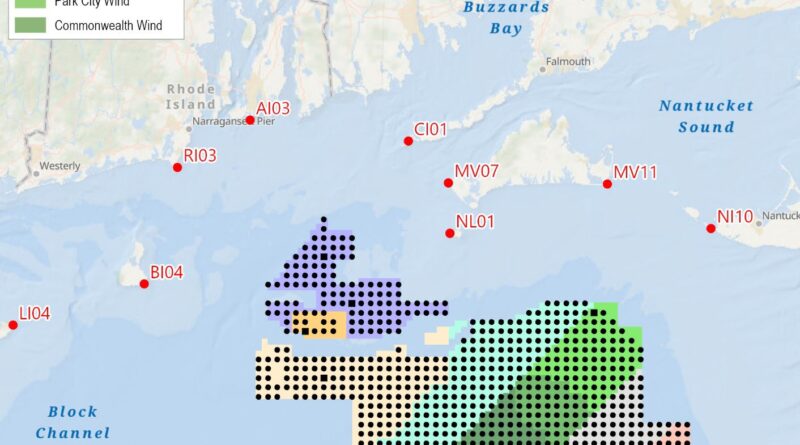Trump Administration Puts Brakes on Rhode Island’s Offshore Wind Farm
Last Friday marked a setback for green energy development as the Trump administration halted the progression of Revolution Wind, an offshore wind farm along Rhode Island’s coastline. The $4 billion energy project, mostly completed, has been a source of contention due to the weighty influence of the fossil fuel industry in political circles.
The new directive has put a sudden brake on the 65-turbine wind farm, which had previously received full endorsements and necessary permits under the Biden administration. These turbines, nearly 70 percent of which are already erected, were greenlit to push forward with the aim of reducing reliance on fossil fuels and promoting clean energy.
The Revolution Wind initiative had shown great promise, with estimates suggesting that upon completion the system would have had the capacity to power over 350,000 households in both Rhode Island and Connecticut. The timeline for this ambitious target was set for next spring, a goal that now seems uncertain due to the abrupt construction cessation directed by the Trump administration.
The order to halt operations came directly from the acting director of the Bureau of Ocean Energy Management (BOEM), addressed to the Danish company tasked with the wind farm’s erection. Despite the advanced state of the project’s construction, the company has been left with no choice but to comply and cease all ongoing activities effectively.
The letter of cessation issued by the BOEM, however, left many wanting for specifics. It referred to ‘unspecified issues,’ without providing much detail as to the nature of the concerns or what elements of the project these issues pertain to. This lack of transparency leaves the future of the Revolution Wind project veiled in uncertainty.
One of the significant factors hinted at by the BOEM in relation to their decision is a need to address certain national security interests within the United States. The exact nature of these concerns is not laid out explicitly, but it is clear that they stem from a perceived risk associated with the project.
The Danish company overseeing the development of the wind farm has been left in a state of limbo. While the order forces them to pause their activities, it also makes it clear that resumption of activities can only occur once the BOEM has completed its review of the project.

